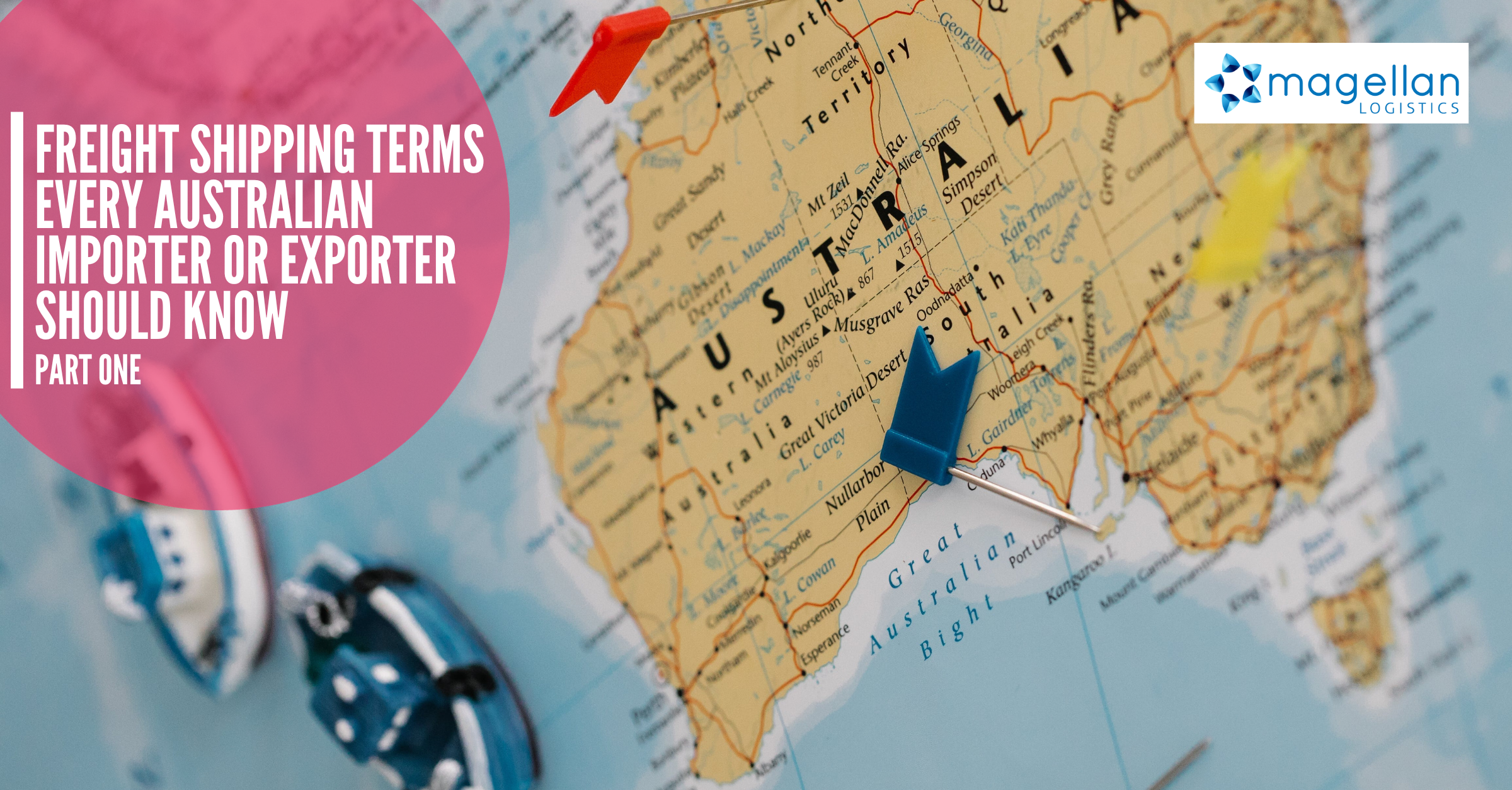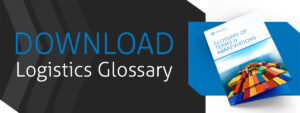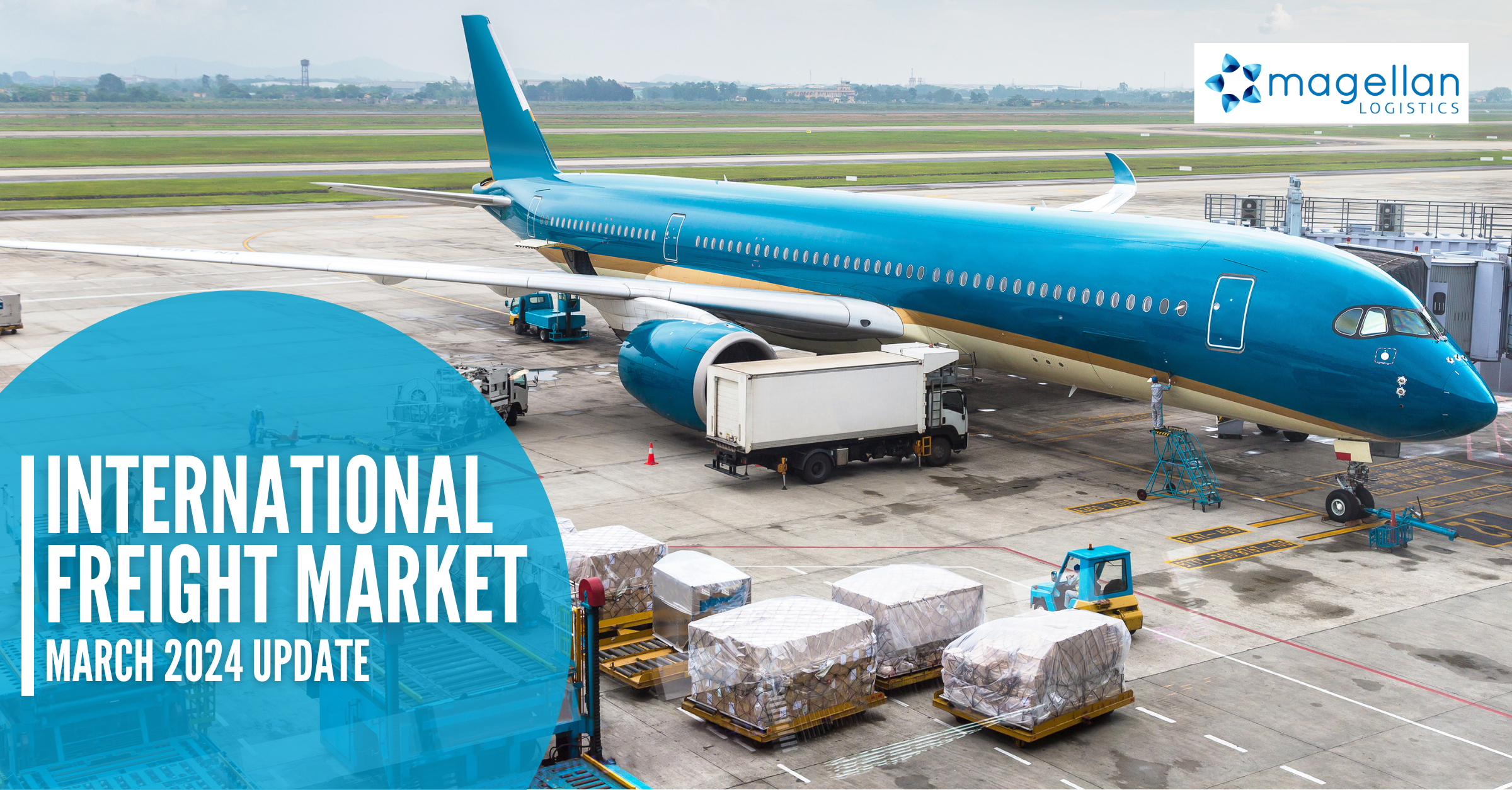Freight shipping terms are bewildering to many. As an industry, freight forwarding is both historically rich and technically complex. The interplay of multiple entities across international boundaries demands a shared language to ensure precision and clarity. At times, this language can seem unfathomable to outsiders. It’s unsurprising as some of it dates back hundreds of years.
First up, we have the Bill of Lading (BoL or B/L). The Bill of Lading (BoL or B/L) isn’t just a piece of paper. The history of this term goes back to medieval trade practices. Today, it’s a binding contract that not only describes the goods but also carries significant legal weight. Any discrepancies in the BoL can lead to disputes or claim rejections, emphasising the importance of accurate documentation. For financial institutions, the BoL often acts as collateral, demonstrating the significance of its dual function as both a receipt and a title document.
Secondly, it’s necessary to know who the parties involved in shipping are. The Consignor and Consignee represent the two ends of a transaction. The Consignor, sometimes called the “shipper,” is the individual or entity that is the original owner or sender of the goods being shipped. This means they’re in charge of preparing the goods for shipment, including packaging, labelling, and providing necessary documentation. The Consignee is the individual or entity intended to receive the shipped goods. They are the designated recipient of the shipment. Once the shipment reaches its destination, the Consignee is responsible for receiving the goods. They must verify the receipt of the goods, ensuring they have received the correct quantity and that the items are in good condition.
In a typical shipping scenario, the Consignor sends goods to the Consignee using a carrier. The ownership might transfer from the Consignor to the Consignee at different stages of the shipment, depending on the agreed-upon terms. The specific point at which the responsibility and risk transfer is dictated by these terms.
While these two freight shipping terms are sometimes confused, their roles are distinct. But their responsibilities vary depending on the Incoterms they agree upon. For instance, a consignor under the term ‘EXW’ (Ex Works) has minimal responsibility once the goods are made available, whereas under ‘DDP’ (Delivered Duty Paid), they bear all costs and risks until the goods reach the Consignee.
In between the Consignor and Consignee, there is the Freight Forwarder. But Freight Forwarders are more than mere go-betweens. They serve as a sort of maestro of the entire process, tapping into an extensive network, spanning carriers, customs agents, insurers, and more. Their expertise can mean the difference between a shipment arriving on time or being stuck in bureaucratic limbo. Furthermore, with the increasing integration of technology in shipping, many freight forwarders leverage advanced software to track and manage shipments in real time, offering clients unparalleled transparency.
Now, when it comes to the actual shipments, we have two main categories: Less than Container Load (LCL) and Full Container Load (FCL). Choosing between LCL and FCL is not just about the quantity of goods. It also impacts handling and delivery times. LCL shipments, while cost-effective, might face longer customs clearance times since they’re combined with goods from other shippers. Conversely, FCL shipments allow for quicker processing, especially when time is of the essence.
Then we encounter the terms that you hope never to have to use. The freight shipping terms Demurrage and Detention, although representing penalties, underscore the importance of efficiency in the shipping industry. Ports are bustling hubs, and any delays can cause a cascading effect on other shipments. Thus, these charges serve as deterrents, emphasising the need for timely pick-ups and returns.
Suppose you’ve ever had cause to wonder how it is decided who is responsible for what in international shipping, then you need to check the Incoterms. Short for International Commercial Terms, Incoterms are a series of pre-defined terms published by the International Chamber of Commerce (ICC) that clarify the tasks, costs, and risks involved in delivering goods from sellers to buyers, ensuring both parties clearly understand their obligations. Incoterms have evolved over the years, reflecting changes in global trade practices. The latest version is Incoterms 2020. Choosing the correct term is vital, as it directly impacts costs, risk management, and logistical considerations.
While a logistical document, the Cargo Manifest also plays a crucial role in national security. It’s a bit like a guest list but for goods and personnel on a vessel. It allows Customs to quickly identify high-risk shipments and streamline the processing of low-risk goods, facilitating trade while ensuring safety.
Speaking of Customs, our next freight shipping term is Customs Duty. Duty is a tax that the customs authorities in a country require importers or exporters to pay for the import or export of goods. While often viewed as a revenue source for governments, it also plays a role in protecting domestic industries. By imposing tariffs on certain goods, governments can level the playing field for their local industries, ensuring they remain competitive. Duties vary widely depending on the nature of the goods, the policies of the importing country and the existence or otherwise of a Free Trade Agreement.
Dunnage is a freight shipping term you may not have heard of. Dunnage refers to the material used to load and secure cargo during transportation. Though it’s a simple concept, it is pivotal in ensuring the integrity of goods. With the rise of e-commerce and the demand for goods to arrive in pristine condition, innovative dunnage solutions are constantly being developed. From eco-friendly materials to advanced shock-absorbing designs, dunnage is an evolving field in itself.
On the topic of what’s being shipped, you’ll want to familiarise yourself with the HS Code system. Standing for the Harmonized Commodity Description and Coding System, the HS Code is an internationally standardised system of names and numbers used to classify traded products. The HS Code system also aids in trade analytics. Governments and trade bodies utilise this data to identify trade patterns, negotiate trade agreements, and implement policies.
A crucial term for Australian shippers to know is Quarantine Inspection. Our unique flora and fauna are susceptible to foreign pests and diseases. So, Australia has strict biosecurity measures in place to prevent the introduction of pests and diseases into the country. This proactive approach ensures the preservation of Australia’s natural heritage. As a result, goods may be subject to a quarantine inspection by The Department of Agriculture, Fisheries and Forestry – DAFF.
Finally, the Chain of Responsibility (CoR) Law in Australia is an innovative approach to road safety. By holding everyone in the transport supply chain accountable, from loading to driving, it encourages a holistic approach to safety, benefiting not just the industry but society at large. Whether you’re a driver, scheduler, packer, or manager, you must understand your obligations under CoR laws.
In essence, while freight forwarding might appear daunting with its labyrinth of terms, it’s a finely tuned machine where each component plays a crucial role. By understanding its intricacies, businesses and individuals can optimise their shipping processes, ensuring goods move seamlessly throughout the globe. Always remember to clarify anything (including a freight shipping term) you’re unsure about with your freight forwarder. Happy shipping!
Magellan Logistics provides freight and logistics services to all industries, including sea freight, air freight, customs clearance and the all-important digital freight portal, providing 24/7 visibility of all your shipments. Get in touch with one of our freight specialists on 1300 651 888.














